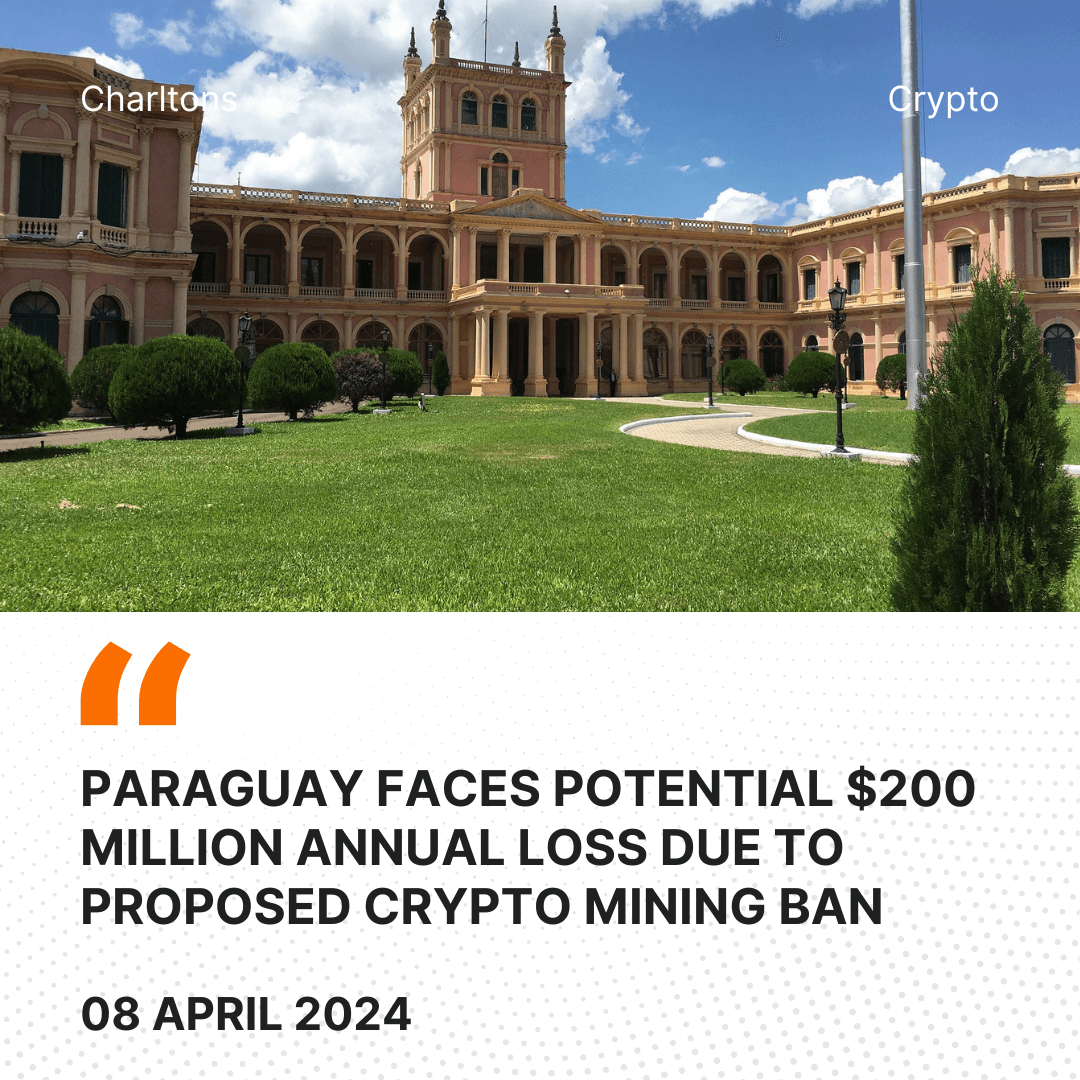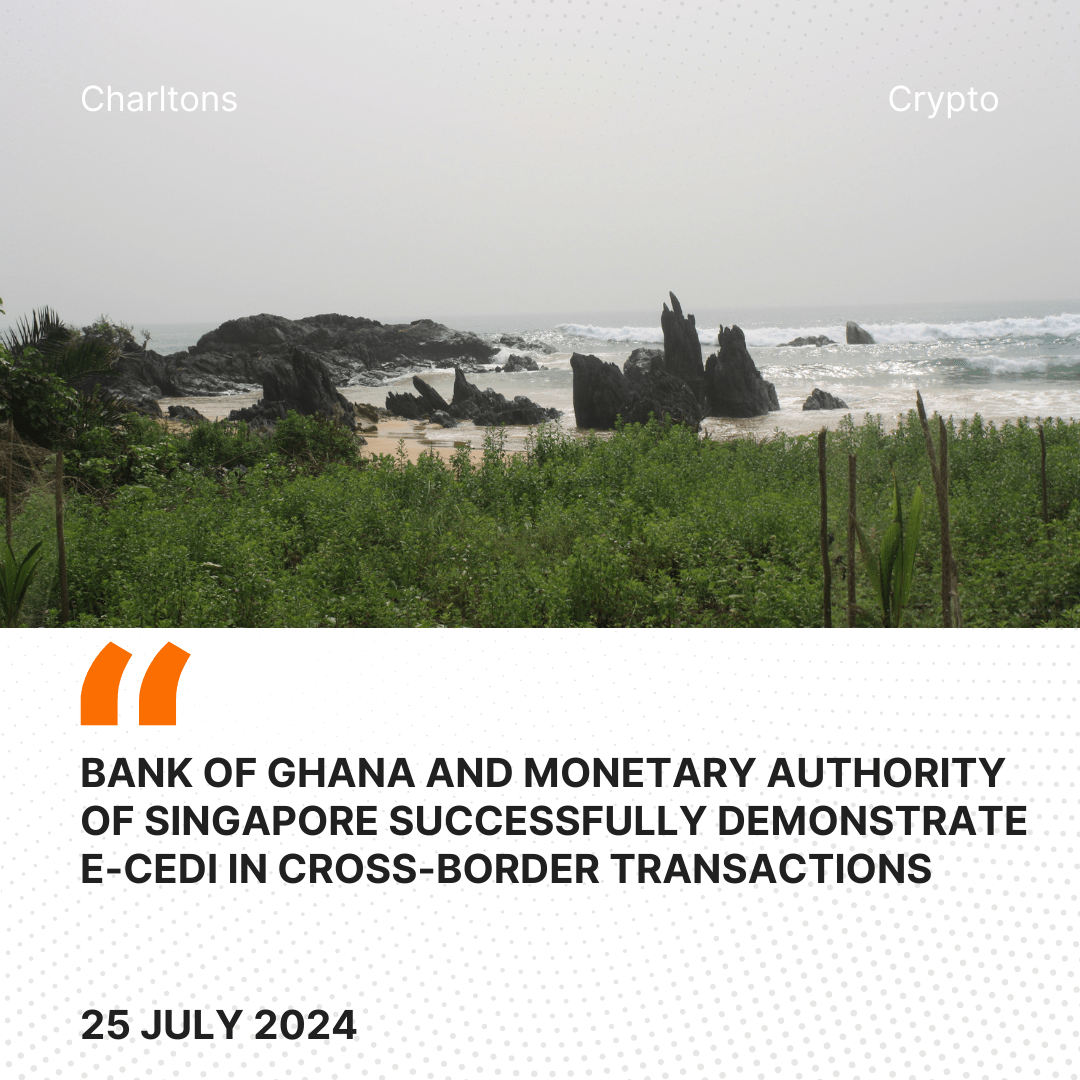
Lawmakers in Paraguay have introduced a draft bill to ban crypto mining in response to concerns about illegal mining operations draining power and disrupting the country’s electricity supply. If passed, the ban would last 180 days or until new laws are enacted to address the issue.
However, experts warn that such a ban could cost Paraguay over $200 million annually, considering the significant contribution of legal bitcoin mining operations to the country’s trade balance. With a relatively small population and GDP, Paraguay has benefited from bitcoin mining’s positive economic impact.
The proposed ban may affect major players like Marathon Digital Holdings, which operates around the Itaipu hydroelectric power plant, a popular site for miners due to its surplus electricity supply.
While illegal mining operations have caused disruptions and losses to the power grid, legal bitcoin mining has been a boon to Paraguay’s economy. Similar to the situation in Kazakhstan, where crackdowns on illegal mining occurred, Paraguay’s government aims to address the issue while ensuring a conducive environment for legitimate mining operations.
As the controversy unfolds amid preparations for the upcoming Bitcoin halving event, stakeholders in Paraguay’s crypto mining sector await further developments and potential regulatory changes.
In conclusion, Paraguay’s proposed crypto mining ban raises significant economic and regulatory concerns, highlighting the complexities of balancing energy demands, economic benefits, and regulatory oversight in the crypto mining industry.





